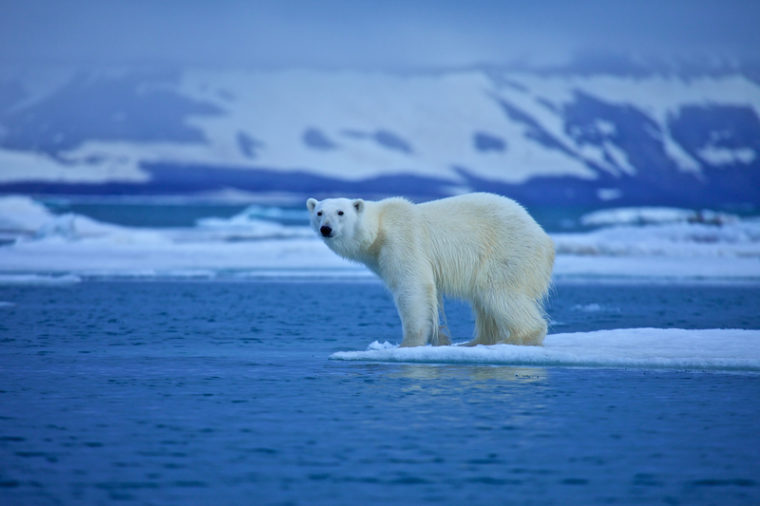
UN climate talks kicked off in Baku, Azerbaijan, with a call by UN chief Antonio Guterres for much closer global cooperation including provision of trillions of dollars in investments and aid to poorer countries.
“Climate finance is not charity, it’s an investment. Climate action is not optional, it’s an imperative. Both are indispensable: to a livable world for all humanity.” he told delegates.
“The sound you hear is the ticking clock. We are in the final countdown to limit global temperature rise to 1.5 degrees Celsius. And time is not on our side.”
US President elect Donald Trump is the Damocles sword hanging over the talks and future efforts to fight climate change although President Joe Biden, who is not attending, has sent a team led by US climate envoy John Podesta.
During his presidential campaign, Trump pledged to deregulate the energy sector, encourage the oil and gas industry to expand unhindered, and pull the US from the 2015 Paris climate agreement which is the legally binding treaty undergirding COP29.
It committed the US and 195 other countries to urgently take concrete steps to avoid the worst impacts of the climate crisis, in particular by limiting global temperature to a rise of 1.5 degrees Celsius. UN experts and others warn that the limit has already been breached.
Guterres’s urgent call had a wistful ring although he held out hope because of the expanding role of clean energies and falling costs in recent years. The sums of money required are so huge that COP29 negotiators are unlikely to reach agreement partly because almost all rich Western governments are burdened by crippling debt.
Some hope emerges from UN estimates that the world had 180 gigawatts of clean energy and 700,000 electric vehicles in 2016 when Trump was first elected. Now it has 600 gigawatts of clean energy and 14 million electric vehicles.
But a negotiating bloc comprising the 134-nation G77 group of developing countries and China has for the first time put forward a demand of $1.3 trillion climate finance every year. That seems unrealistic since an earlier rich country pledge of $100 billion annually was never fulfilled.
No country can rely on whatever promises Podesta makes in Baku because Trump does not believe that the climate-related disasters for humankind predicted by UN experts are likely to occur.
The US and its partners in the G7 group of rich countries will be expected to provide most of the annual funding since they have been by far the worst polluters accelerating climate change historically. Trump is unimpressed by such arguments.
UN experts think the entire world economy could collapse if countries are unable to strengthen their supply chains in the face of rising costs linked to climate shocks, including frequent hurricanes, climate disasters and other adverse impacts like falling water levels in the Panama Canal which are dramatically impacting shipping volumes.
The Climate Policy Initiative, a think tank, estimates that $9 trillion in climate finance will be required every year by 2030, jumping to $10 trillion between 2031 and 2050. A UN trade and development agency (UNCTAD) has suggested $500 billion as a floor to launch from in 2025, with the goal of raising $1.5 trillion by 2030.
The incoming Trump administration will baulk at such massive wealth transfers to developing countries without quid pro quo even if it does not withdraw from the Paris climate accord, as it did in his first term.
Poorer countries are also seeking money for a new “Fund for Responding to Loss and Damage” to finance recovery in developing countries from climate-related disasters, since mitigating or adapting to climate change cannot prevent them.
More than 65,000 delegates have registered to attend the Baku talks potentially making it the second-largest COP on record after last year’s COP28 in Dubai.
ID 27658622 | Global Warming ©
Starastin | Dreamstime.com
















